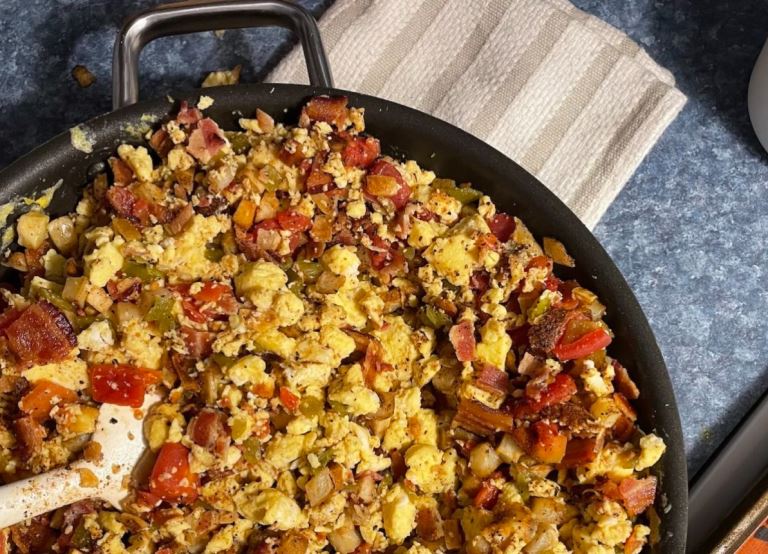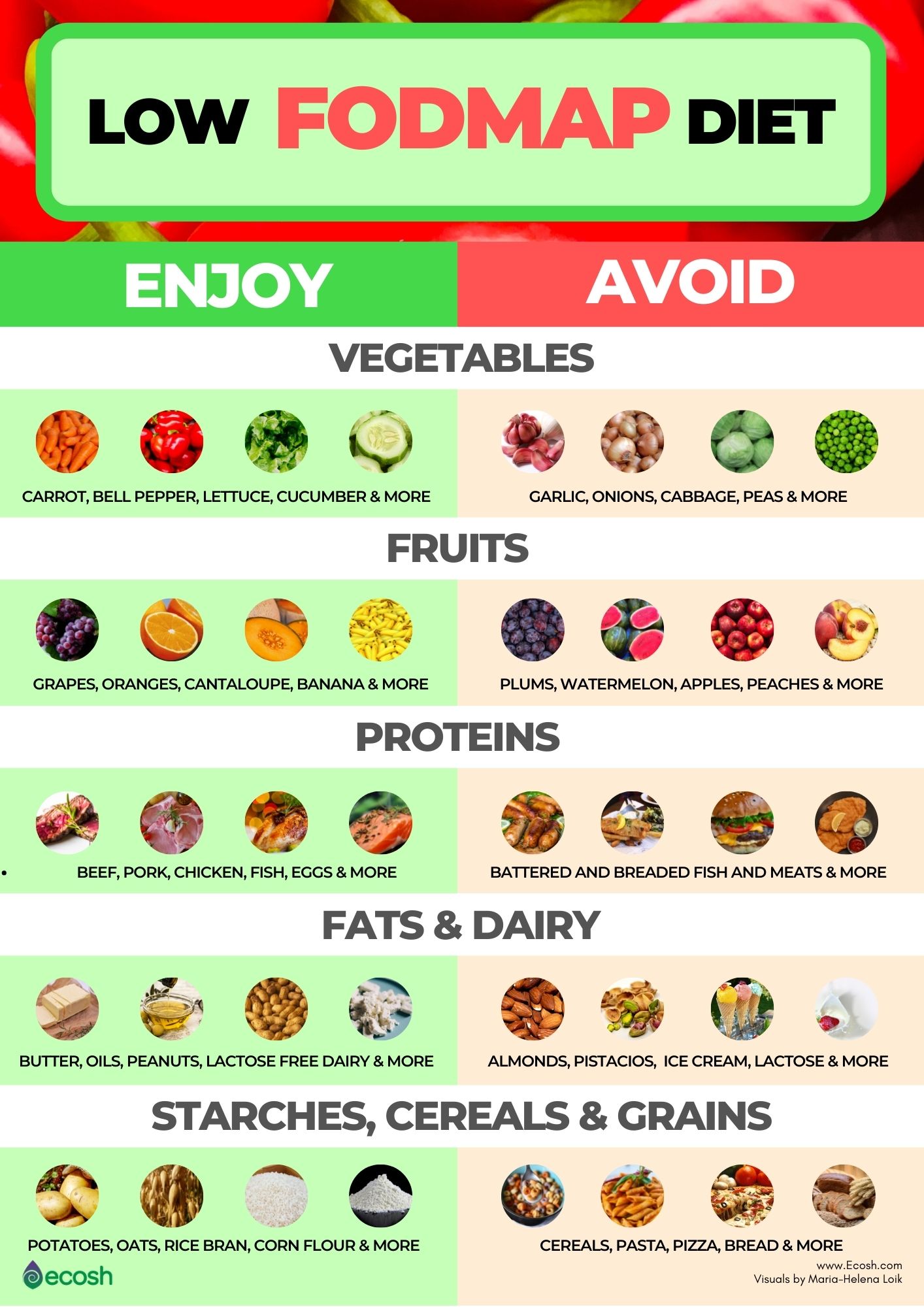Irritable bowel syndrome affects millions of people. It is a chronic condition that affects the large intestine. Common symptoms include gas, bloating, stomach pain, constipation, urgency to use the toilet, and diarrhea. There are various factors involved with IBS, and food intolerances are a big one.
If someone frequently struggles with digestive issues, they should choose foods that are IBS-friendly. Although exact food intolerances vary from one person to another, there are some common ingredients that tend to be more tolerable. A cleanse for bloating and gas is another way to manage symptoms.

What Can I Eat For IBS?
Certain foods can irritate the digestive tract, which can lead to an IBS attack. Finding out which foods are the culprits is a good idea. However, most people with IBS find there are certain ingredients that do not lead symptoms. If any of them increase your symptoms, then limit them as much as possible.
- Eggs
Eggs digest easily, so most people with IBS tolerate them well. They are also versatile and can be made in many different ways for breakfast, lunch, and dinner.
- Fish
Fish is a good choice, as the omega-3 fatty acids are anti-inflammatory and help soothe the gut. Fish that are high in omega-3s include wild-caught salmon, black cod, anchovies, sardines, mackerel, rainbow trout, and whitefish.
- Cooked vegetables
Some people think that the fiber in vegetables would make IBS worse, but fiber is important to regulate the digestive system. Eat cooked vegetables, and limit those that increase gas, such as cauliflower, cabbage, and broccoli.
- Fruit
Fruit is another good source of fiber, but those with IBS may find they do better eating them without the peel. Some may also have more issues with citrus fruits, melons, and apples.
- Meat and chicken
Meat and chicken are good choices for those with IBS. However, choose lean options, as fat can exacerbate symptoms. You should also use minimal oil and butter when cooking them.
If someone’s diet is not perfect, there are other symptom relief options. For example, if alcohol exacerbates symptoms, a hangover detox drink may help.
Following a Low-FODMAP Diet

Source: https://ecosh.com/
Many of those who suffer from IBS find that following a low-FODMAP diet is helpful. This dietary approach refers to:
- Fermentable
- Oligosaccharides
- Disaccharides
- Monosaccharides
- And
- Polyols
People with IBS are encouraged to avoid foods that fall in these categories, as they tend to ferment. Fermentation in the gut results in unabsorbed substances and can lead to diarrhea and bloating in some individuals. Although FODMAPS are good, they are not as well tolerated by those suffering from irritable bowel syndrome. Some FODMAPS include lactose, fructans, glucose, xylitol, and sorbitol.
How to Manage IBS Symptoms
Eating certain foods and avoiding others often help those with IBS manage their symptoms. However, it is not always possible to eat perfectly, and that is when symptoms crop up. When someone is having a flare up, another option is to consume a Detoxify detox drink to help eliminate the irritants from the digestive system.
Leave a Reply
You must be logged in to post a comment.